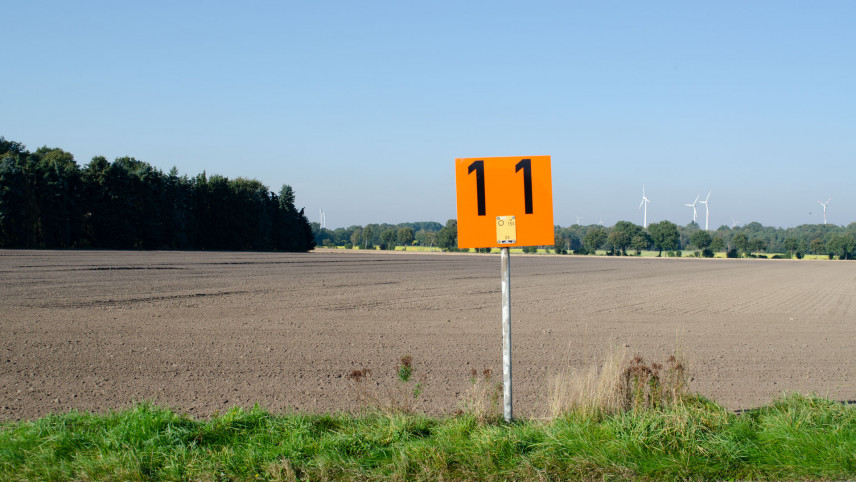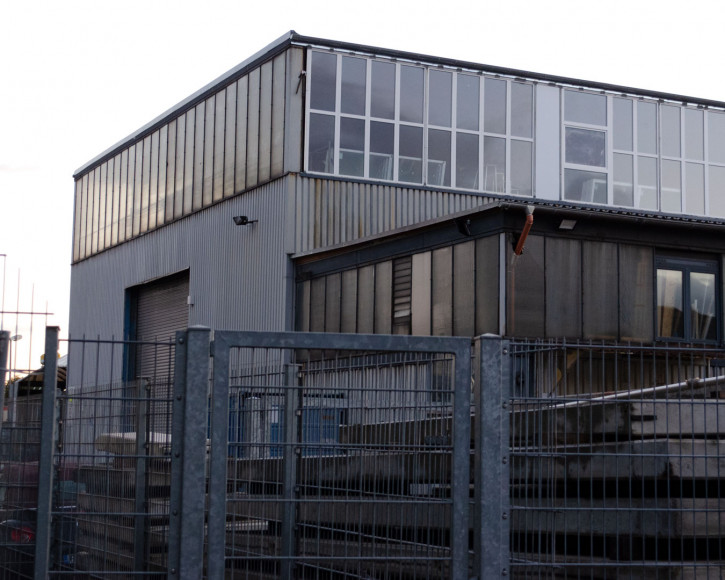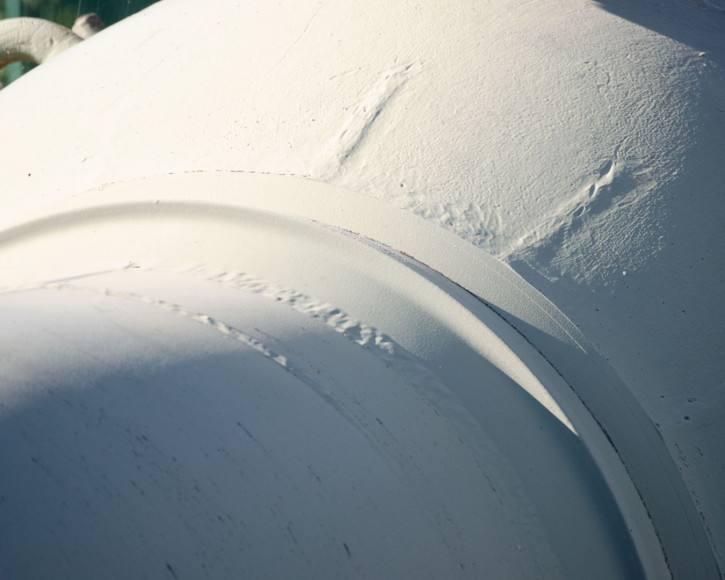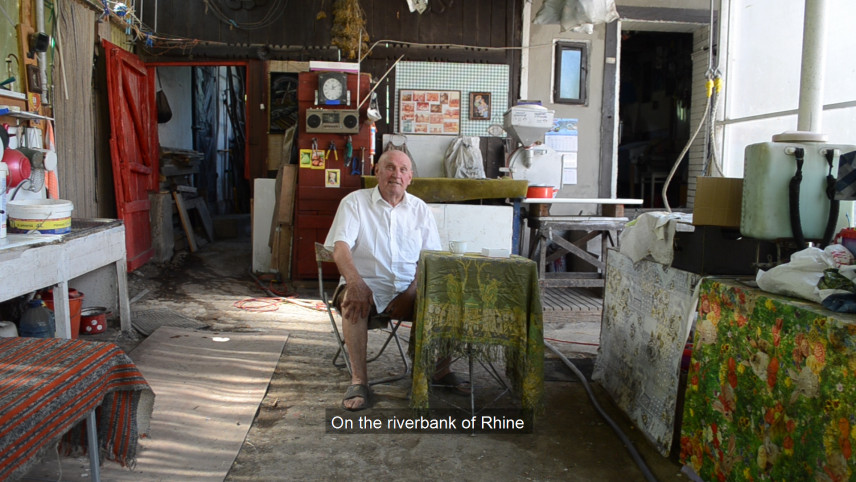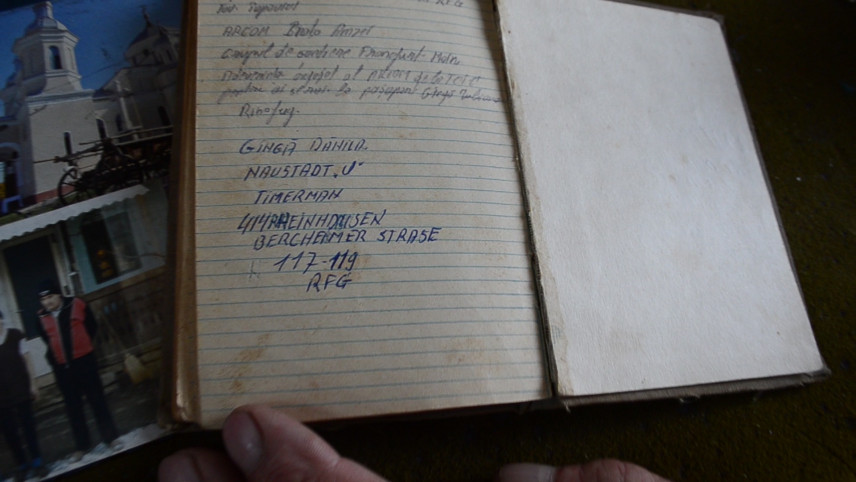Born in 1989 in Romania. Since 2011 lives and works in Vienna
studied with Francis Ruyter, Daniel Richter and Ashley Hans Scheirl at the Academy of Fine Arts Vienna and painting at the University of Art and Design Cluj Napoca, Romania. Currently she is a doctoral candidate at the Academy of Fine Arts Vienna, researching on the topic of post-soviet subjectivities. In her work, she deals with processes of becoming, expending onto objects and other non-human beings, seen as an extended geography of subjectivity. She is also interested in the landscape of ‘problematic subjectivities’, those forms of individuation where the complicity with a hegemonial regime can be questioned.
Her work has been exhibited at FLUCA - Austrian Cultural Pavilion Plovdiv, Bulgaria (2019), RAUMSCHIFF Linz (2019), VBKÖ Vienna (2018) and at the Vienna Art Week (2018), amongst others. She is recipient of the Red Carpet Tribute Award in 2017 and the Art Start Scholarship from the Academy of Fine Arts in 2018. Besides her artistic practice, Alexandra also curated a number of exhibitions to date, with the most recent ones “cooking the city - artists as contingency architects” at Traktorfabrik (2018), and “#viennaintransylvania” in the frame of Cluj Napoca Europeean Youth Cutural Capital (2015).


